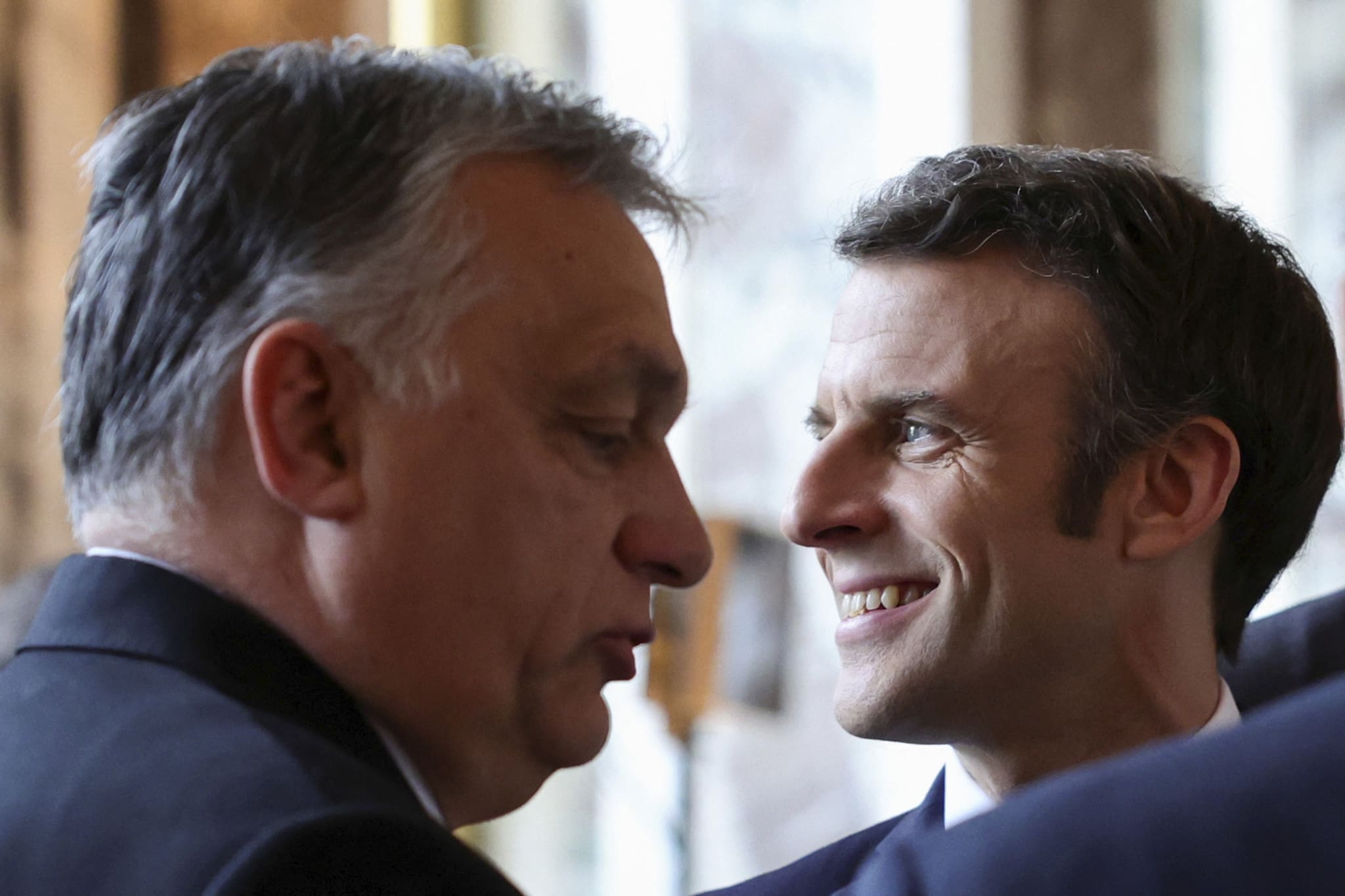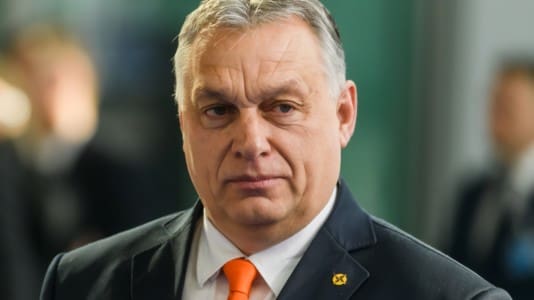Having witnessed both the Hungarian and French elections in the course of a few weeks and having listened to what observers sent to Hungary had to say, one cannot but think that the choice of Hungary for an OSCE full-scale observer mission was flawed and that France would have been a more judicious choice for such observation.
It is no mystery that when the Hungarian opposition demanded that such a mission be sent to monitor the April 3 parliamentary elections in their country, their primary goal was to tell the world that Hungary is no longer really a democratic country and that in case they lose (which they expected to), it will be because the election process under Viktor Orbán’s rule is not fair and transparent. When it comes to the question of Orban, there is little wonder why the Hungarian opposition quickly obtained the support of a few dozens of members of the European Parliament. Orbán’s conservative, anti-mass immigration government is despised in most EU institutions, but perhaps in the European Parliament more than anywhere else.
However, the mainstream media in Europe was much less vocal about this mission once it had given its conclusions, as the election process in Hungary was eventually found to be well organized, with no room for fraud and fully democratic. In fact, with the presence of the OSCE’s 316 observers from 45 countries and a few dozen observers sent by conservative organizations belonging to the Alliance for the Common Good to make sure the observation process will be diverse and fair, Hungary’s election was actually Europe’s most transparent election so far this century.
[pp id=34639]
Still, the OSCE mission did see some “flaws” in the electoral process. These “flaws”, as they were called in the press conference that was held in Budapest on Monday, April 4, mostly included, according to the mission’s representatives, the intensity of negative campaigning against the opposition by the government camp and state media, and the blurring of the line between government camp campaign expenditure and government action. All this, according to Kari Henriksen, a Danish member of the OSCE Parliamentary Assembly who was the mission coordinator, amounted to the “absence of a level playing field” even when the vote itself had taken place under good conditions and the candidates had been able to campaign freely.
It is good to hear that the candidates standing for Hungary’s unicameral parliament, the National Assembly, were able to campaign freely, as the same cannot be said of all the candidates willing to run in the French presidential election. First of all, for those representing parties with few or no elected officials, there was an incredibly difficult first barrier to pass, which is the requirement to have one’s candidacy endorsed by a minimum of 500 mayors, MPs, MEPs, or departmental and regional councilors. The first round of the presidential election was planned for April 10, and the would-be candidates had until March 4 to get their 500 endorsements. This means that up to the beginning of March, which amounts to a month before election day, the incumbent president’s three main contenders were busy not campaigning but racing to obtain those endorsements from the better-established parties, i.e. the Communist Party, the Socialist Party, and the center-right Republicans, whose candidates (who had absolutely no problem getting the necessary endorsements) eventually totaled 8.8 percent of the popular vote.
At one point, Marine Le Pen even had to put her campaign completely on hold to focus on the issue of endorsements, as she only had obtained 366 such endorsements ten days before the final deadline. She eventually met her signature requirements, and so did Éric Zemmour and Jean-Luc Mélenchon, but not Christiane Taubira, a former minister of Justice under Socialist President François Hollande, who had won a “people’s primary” organized by left-wing activists, to which some 400,000 voters had taken part. Taubira gave up on March 2, having received only 181 endorsements with two days left before the final deadline.
[pp id=32049]
Another barrier to candidates being able to campaign freely in the run-up to the French presidential election was the lack of access to bank loans for Macron’s main opponent, Marine Le Pen. The French banks’ unanimous policy of obstruction against Le Pen is fully political, as any candidate who obtains at least 5 percent of the popular vote in the first round gets his or her campaign expenses refunded by the state, and there has never been any doubt as to Le Pen obtaining a lot more than that 5 percent.
If it was not for a bank from a more democratic country, in this case, Hungary, Le Pen could not have freely campaigned even after she finally reached 500 endorsements. After the National Front’s much-criticized loan from a Russian bank in 2014 (which was taken for exactly the same reason), Macron had promised in his campaign before the 2017 presidential election to create a “Bank of Democracy” which would lend money on equal terms to all political parties, but he never did so. Instead, he made things even harder for Le Pen and her party, having a law enacted by parliament to forbid French political parties access to banks from outside the European Economic Area. If it was not for EU law, he would most probably have narrowed this to France only, making it impossible for his main opponent to finance her campaign.
As for the blurring of the line between government camp campaign expenditure and government action, which the OSCE stated was a problem with Hungary’s elections, the same can be said of France’s presidential campaign in which the incumbent president was criticized by all his opponents for refusing to declare his candidacy until the last minute by waiting until March 4, although Macron’s supporters were, of course, collecting the necessary endorsements long before that date so as to be able to submit them to the Constitutional Council on the March 4 deadline. This effectively meant that Macron, until one month before the first round of the elections, was able to actually campaign with public money using his presidential function and without having to submit to the rules applying to candidates, for example, concerning allocated time in the media.
[pp id=34828]
Finally, what about the OSCE’s claim about the intensity of negative campaigning against the opposition by the government camp and state media? The OSCE observer mission claimed it saw as a “flaw” in the Hungarian elections, even evoking in its report “extensive bias in a number of broadcast and online media against United for Hungary and in favor of the government and Fidesz.” Well, it can be said that at least Hungary features a plethora of private media outlets which are unequivocally on the side of the opposition. As a matter of fact, according to a study from the third quarter of 2021, which is cited in the Ordo Iuris observer report and was mentioned during a press conference also held in Budapest on April 4, the “consumption” of pro- and anti-government media by Hungarians is fairly balanced.
The same cannot be said of the French media, as the media campaign run against Marine Le Pen by the state media and by nearly all private mainstream media in the run-up to the April 24 second round of the French presidential election was both massive and brutal. With such media support, it is in fact surprising President Macron “only” got 58.5 percent of the vote.






